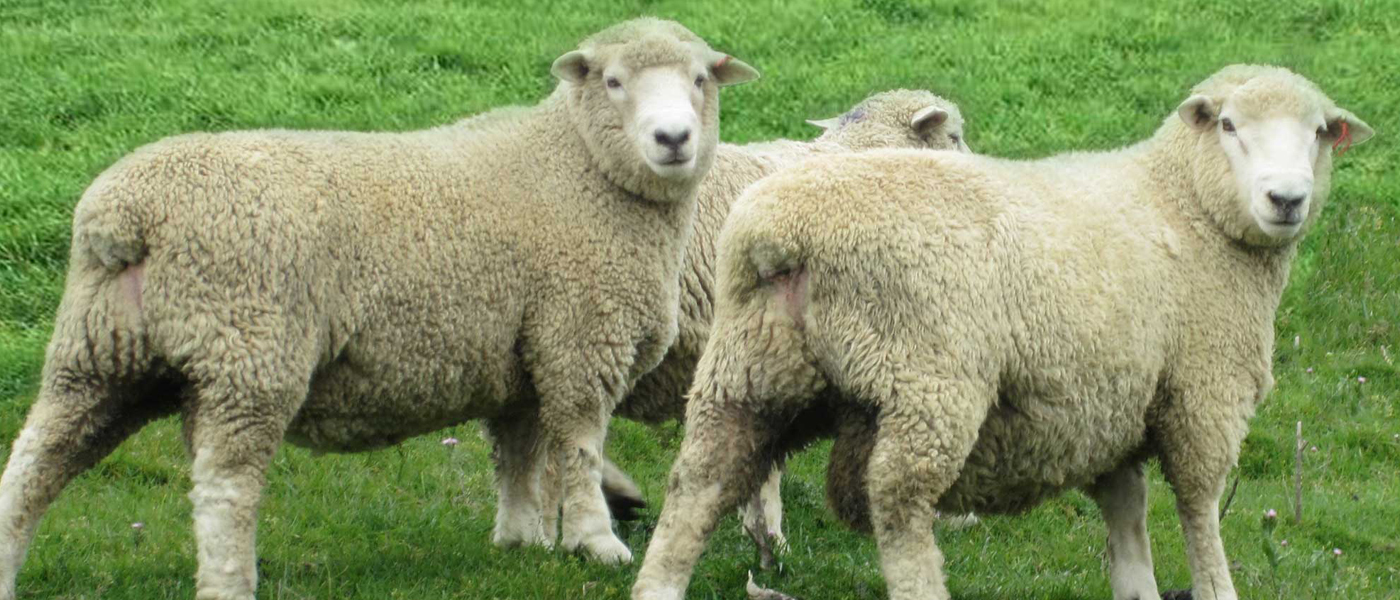
With the ram sales already happening, it is time to have a sort out of your existing ram flock to ascertain numbers of new rams required. These new acquisitions should be from a brucellosis-free accredited flock that fits your farm’s management systems and goals. Care must be taken if getting cheap rams from saleyards – if they infect your existing rams, then they become very expensive!! If in doubt, get them blood tested prior to mixing them with your own rams or ewes.
Brucellosis still rears its ugly head sporadically, causing thickening of the epididymis and impaired fertility as well as early abortion in ewes. The introduction of infection has a huge economic impact due to ram wastage as well as increased dry ewes. Spread is via ram/ram “gay” activity, and also when an uninfected ram serves a ewe that has previously been mated that season by a brucellosis-infected ram. Infection in the ewe does not carry over from one year to the next. Thus, introduction is from either imported rams, lending out rams, or stock straying on to your property.
As with all stock arriving on farm, new rams should receive a quarantine triple drench such as Matrix Hi Min or, better still, new families Startect or Zolvix™ Plus, as you will not know the breeder’s resistance status. Also, on arrival, I would recommend vaccinating with Covexin 10 or Ultravac 6-in- 1 to cover clostridial diseases – why pay good money for a valuable asset that could then die suddenly before you have even used him? And this has happened!! These new boys need to be kept separate until your existing rams have been vet checked.
Preparation of the older boys for their short time of action needs to start now, as semen production occurs over a 6-8 week period, so any adverse event will affect sperm quality for this length of time. The internal temperature of the testes is maintained at 4 degrees less than body temperature, so anything that causes a rise in this will adversely impact semen quality. This may result from a generalised fever such as pneumonia, foot abscesses or a reaction to oil-based vaccines such as Footvax™. This needs to be factored in if this vaccine is used. Woolly scrotums and scrotal mange will have the same effect, as will rams in full fleece with no shade (which is especially pertinent to show rams). Attention should be given to hoof care to prevent problems during mating, and all rams should receive selenium supplementation, preferably with a clostridial booster and a worm drench.
Vasectomising of rams needs to be carried out in the near future, to allow plenty of time for wound healing and ejection of any loitering sperm. These guys are particularly useful for hogget mating, and since this occurs later than ewe mating they can be used for both, usually for a period of 17 days. Contact your local Vetlife Clinic to book in ram checks and vasectomies.
Chris McFarlane Vetlife Dunsandel